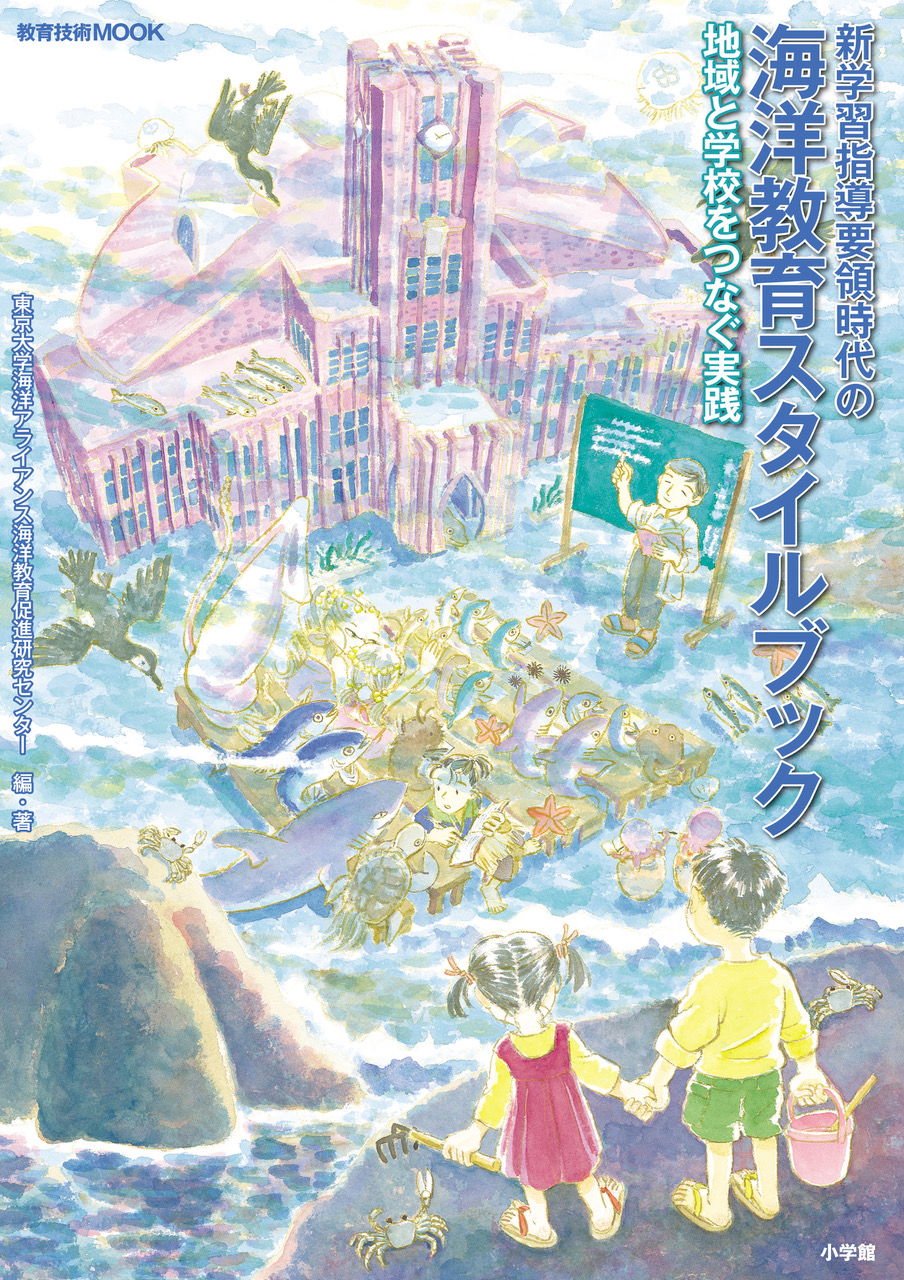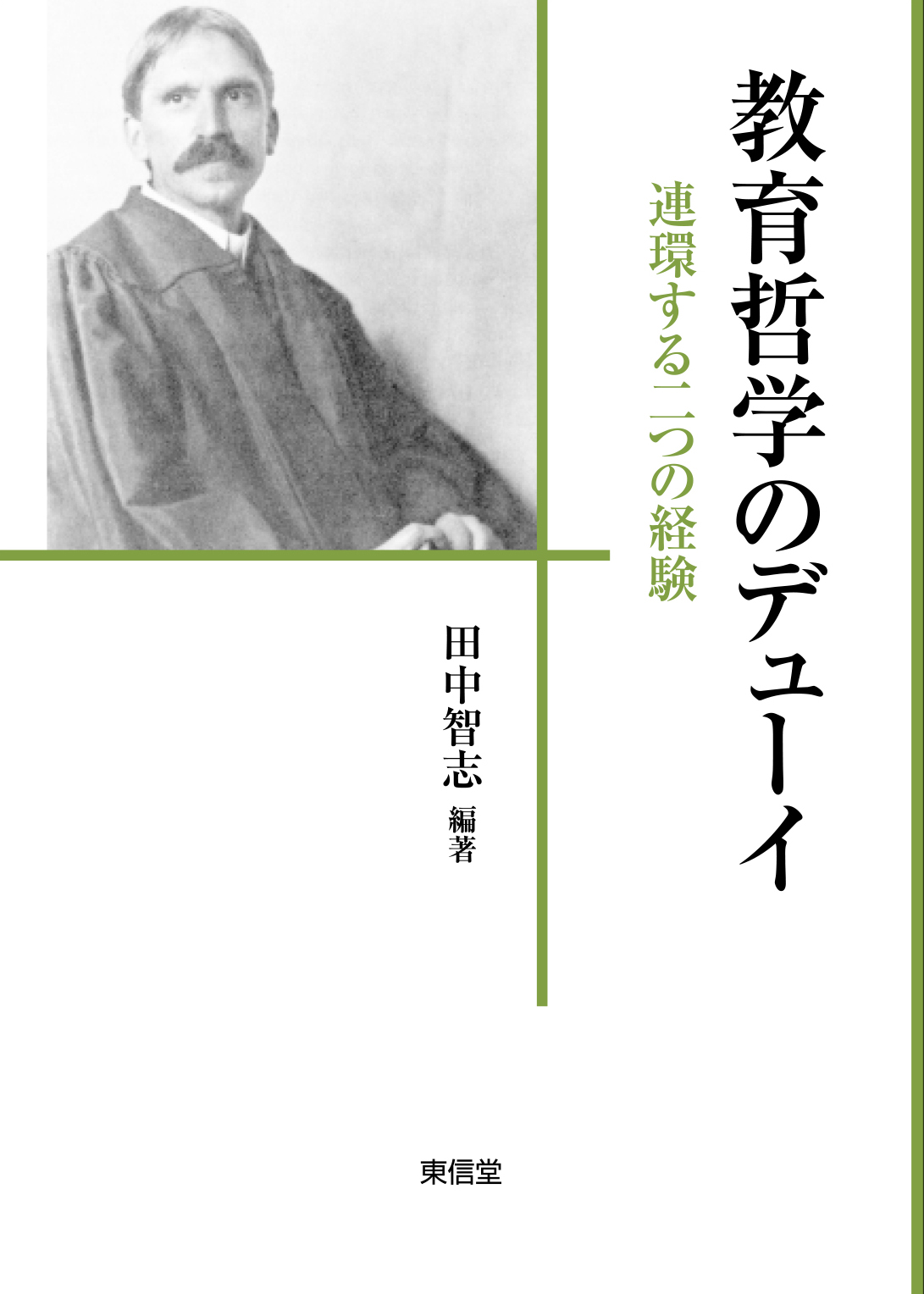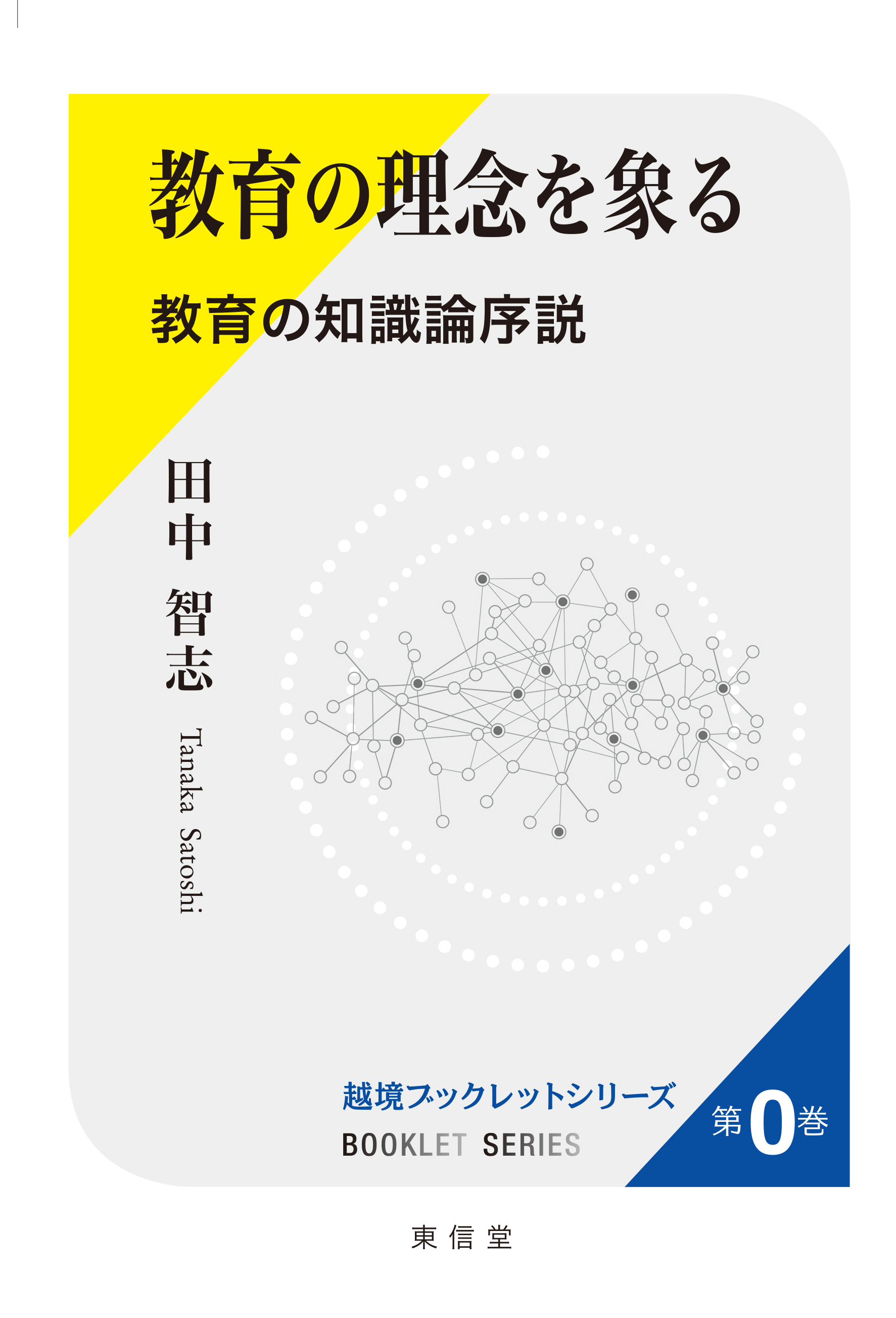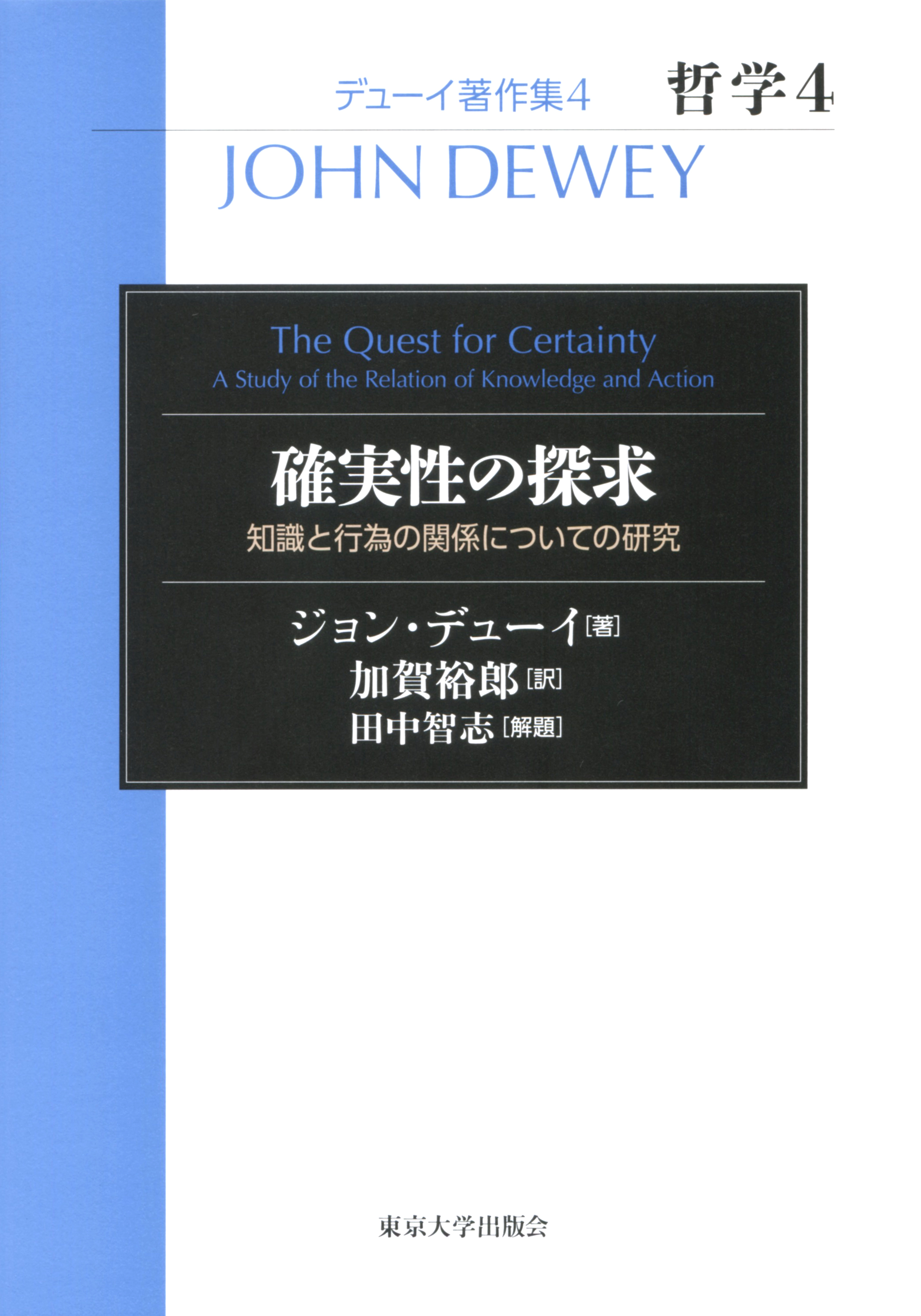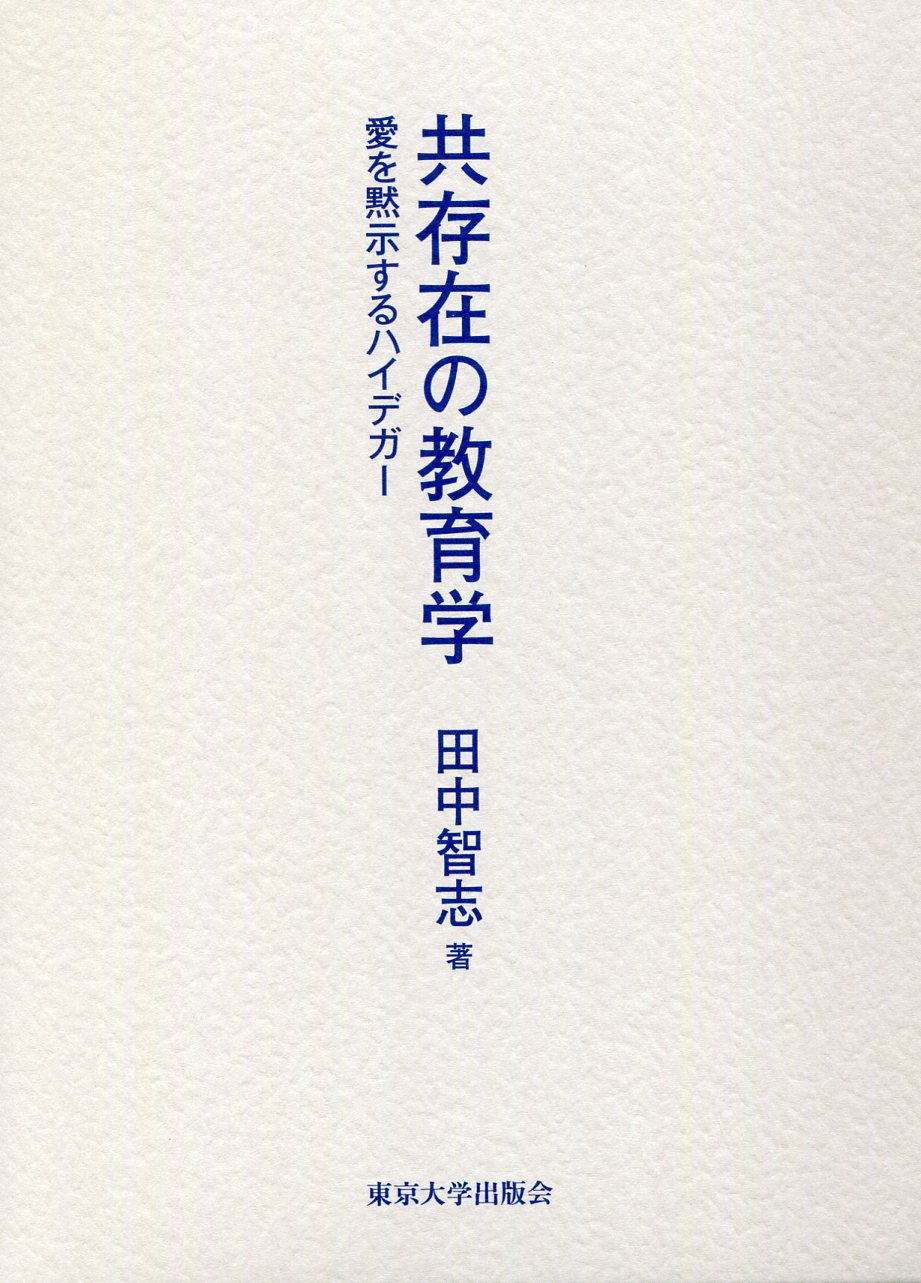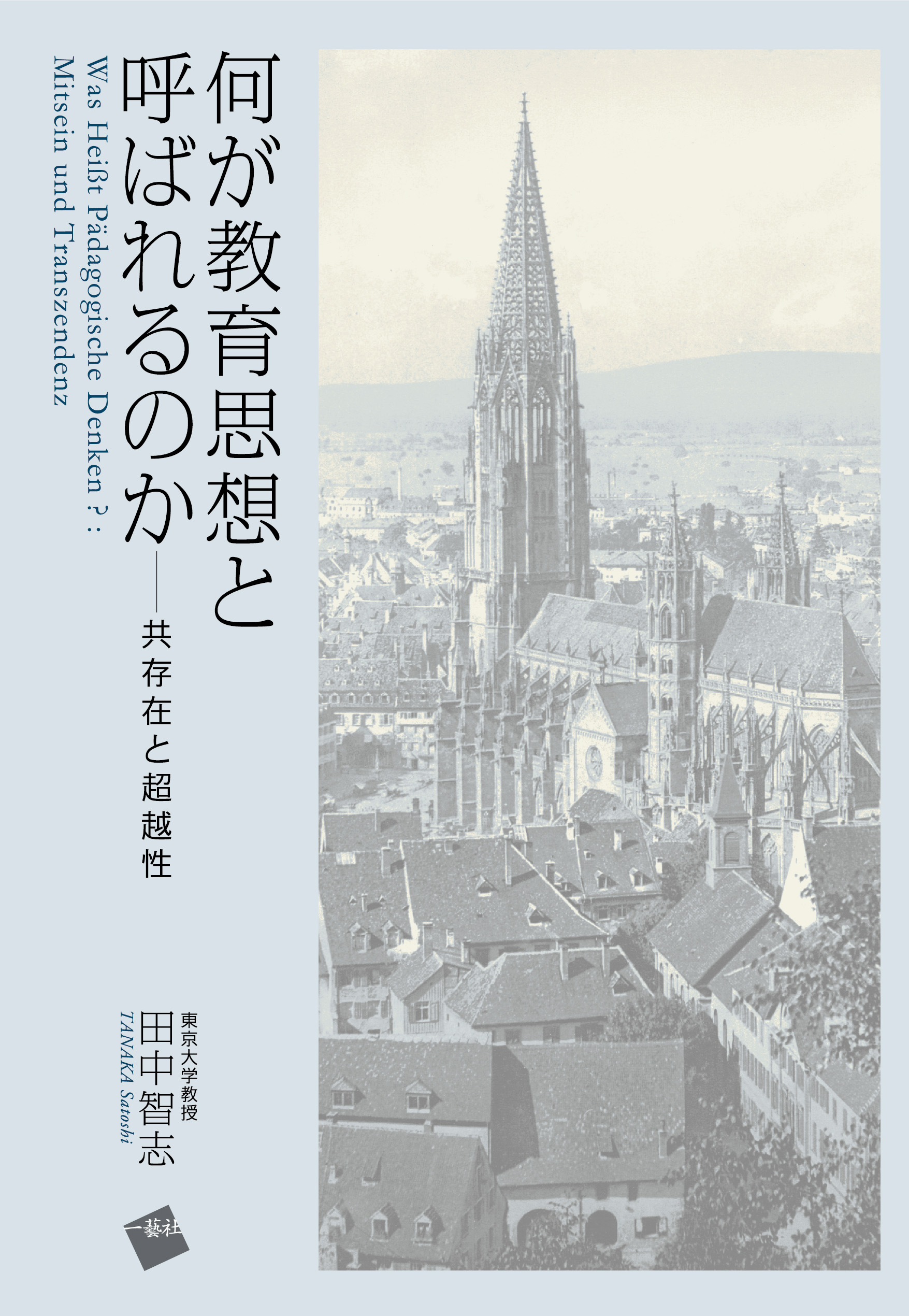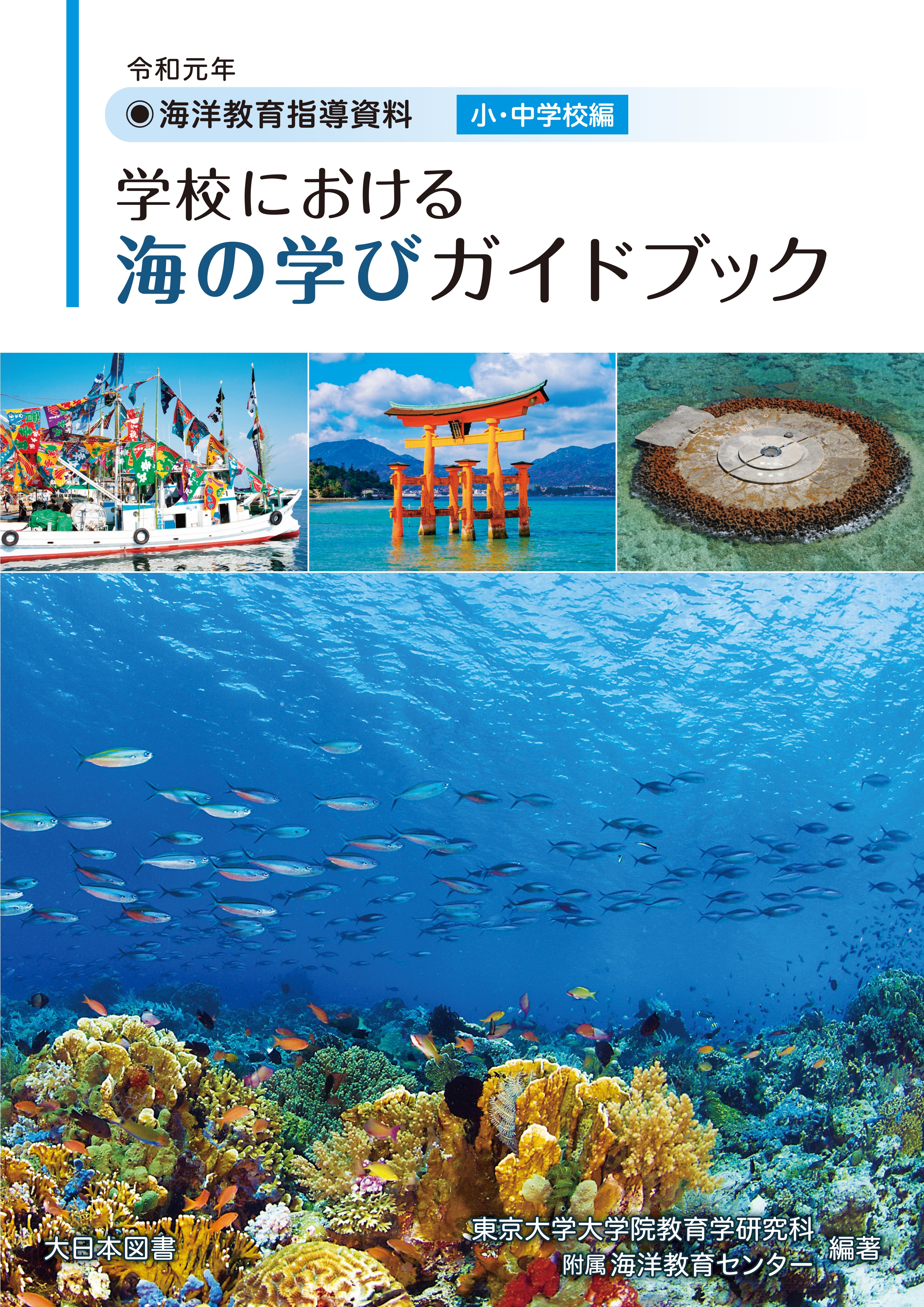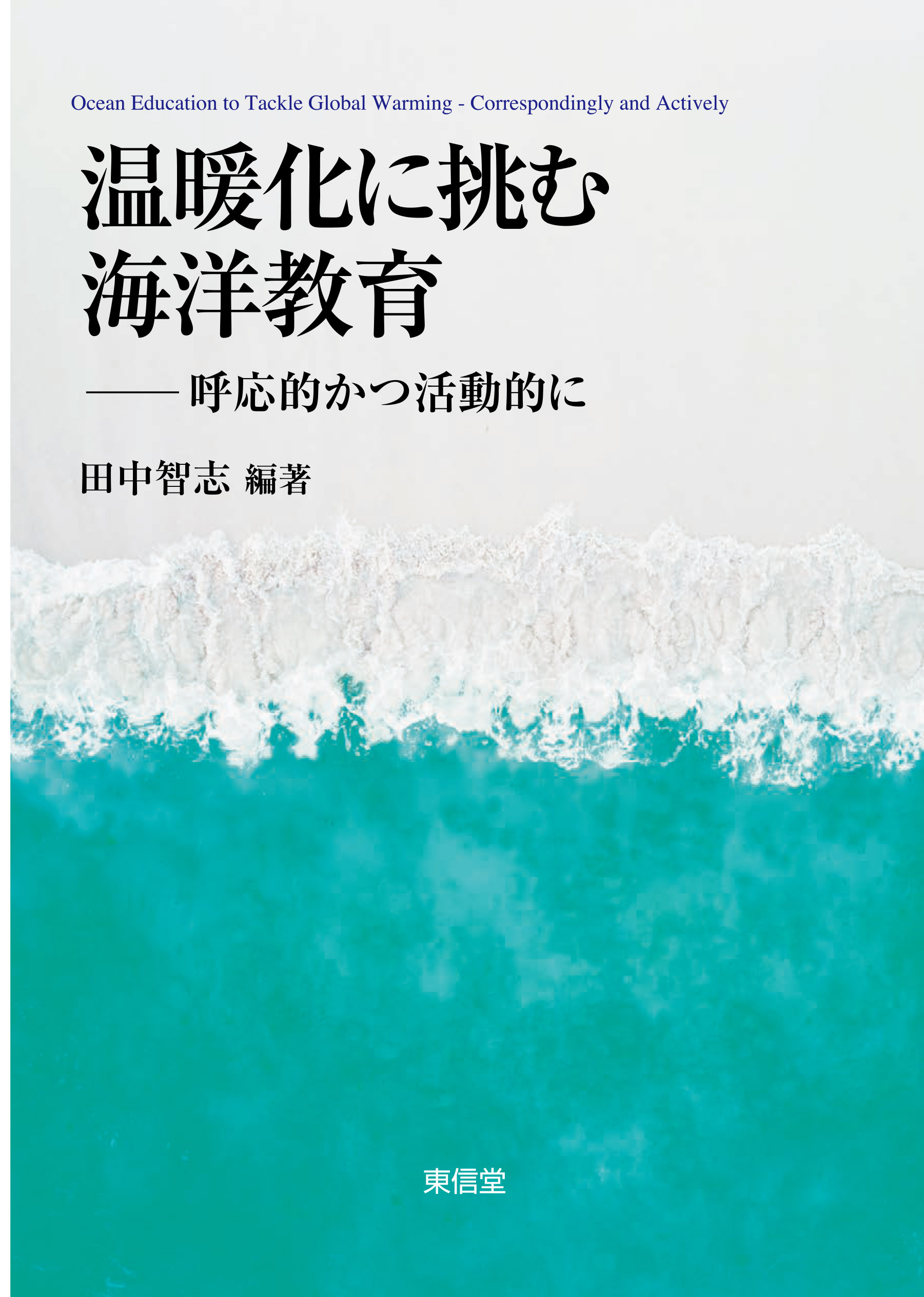
Title
Ondan-ka ni idomu Kaiyo-Kyoiku (Marine Education to Tackle Global Warming - Responsive, Action-oriented Education)
Size
280 pages, A5 format, hardcover
Language
Japanese
Released
March 25, 2020
ISBN
978-4-7989-1626-2
Published by
Toshindo Publishing
Book Info
See Book Availability at Library
Japanese Page
It seems that, in recent years, the role of critical thinking has been downplayed in the discourse on education in Japan. Such criticism is important for identifying structural and systematic problems in society and seeking solutions to these problems and does not means simply pointing out flaws in other people’s arguments or attacking views that don’t agree with one’s own.
For example, questions regarding the nature of “academic ability” or what should be considered “academic ability” seem to have already been relegated to the past. Regardless of whether academic ability is called “competency” or “new ability,” it is seen as something that should be universally pursued, and it appears that people’s interest lies solely in the “methods” or a certain set of skills that are designated to constitute “academic ability.”
The question I want to ask is whether or not this academic ability really helps us create the fundamental conditions for people to live. The fundamental conditions needed for people to exist include physical and material conditions that allow people to survive and live life. Such conditions are not limited to things like air, water, light, and food but also include appropriate conditions that allow continued survival—or, in other words, “habitability.” Normally, questions about habitability only arise when lives are lost due to a major catastrophe such as a meteorological disaster or nuclear power plant accident. Recent meteorological disasters clearly indicate that our habitability is at risk and that it is slowly but surely being eroded by global warming over the span of a century or so.
Yet, somehow, the habitability crisis posed by global warming does not seem to have piqued our interest. Perhaps, people have a tendency to deny “inconvenient truths.”
Looking back at present-day Japanese education, it seems that educational policies have sought openly to heighten the desire for “academic ability,” even while the country has experienced repeated signals such as abnormal weather patterns and heat waves. I would argue that global warming is not an issue that should be left up to experts and politicians but, rather, is the responsibility of all people, including children and young people.
What should people in the field of education do to ensure that all people develop a keen sense of urgency about the risk to our habitability posed by global warming? Perhaps, it is to discuss education as something that once again encourages us to think about what it means to act humanly. Acting humanly means to simply accept others as they are. It means listening to the unvoiced opinions of others. It means listening to the voices of children whose futures are at risk of being stolen, the voices of unborn children, and the voices of living things that are at risk of going extinct.
I believe that, as long as we are striving to act in a humanly manner, marine education must not simply be an endeavor to teach bits of knowledge about the ocean. Rather, it must be reframed in our discussions as responsive, action-oriented endeavor aimed at preserving the foundation for life for all living things, which includes other people and other living creatures. This book is a small attempt at reframing this discussion.
(Written by TANAKA Satoshi, Professor, Graduate School of Education / 2020)



 Find a book
Find a book


